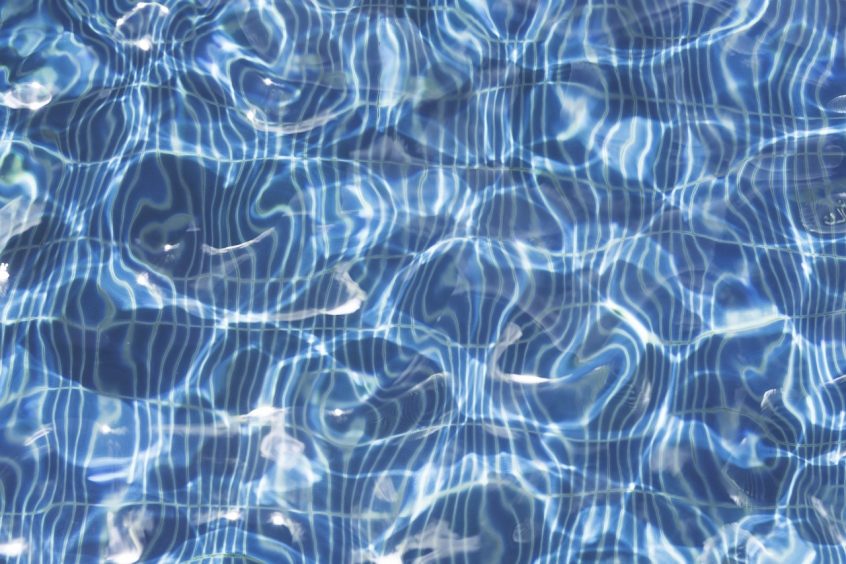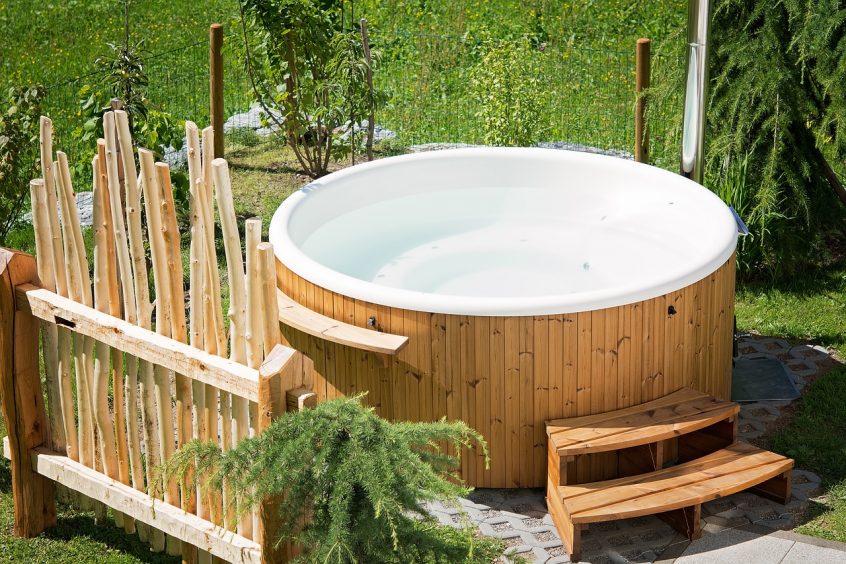Editor’s note: Due to the seasonality of the pool and spa industry and the transient nature of the business, the water treatment information provided in this article can be shared with service technicians who are new to the job. Spring can be an exciting time for pool owners. Everyone looks forward to opening the pool and another season of making many family … Read More
Making Pool Water Maintenance Easier for Service Professionals
Enzymes have evolved over the years to a point where there are now specific products based on the needs of each and every body of water. Today, there are two different types of enzyme products available for use in the pool and spa/hot tub industry—broad spectrum produced through a fermentation process is one, while limited capacity commercially manufactured then blended … Read More
Two Naturally Based Ways to Remove Grease from Pool Water
Water can dissolve just about anything—from sugar to cement. One thing it cannot dissolve, however, is oil… thus the old adage, “Water and oil don’t mix.” The electrons of the water molecule are similar to those of sugar or cement; therefore, the substance will become soluble at some point. On the other hand, the electrons in the molecules of hydrocarbons … Read More
How to Tackle Common Pool Stains
When dealing with pool stains, it is important for service professionals to keep in mind they are not always cut from the same cloth. Therefore, it is critical to diagnose the problem first before providing a broad-spectrum treatment. Take the time to review the origins of common pool stains and determine what the likely cause is for each specific case … Read More
Understanding the Effects Natural Disasters Can Have On Pools
Water is an amazing, mysterious, and powerful element. To understand the capabilities of water and its effect on pools it is vital to understand how it travels throughout the world. The water cycle is a continuous loop of the various ways it transforms and renews itself. Water can exist in three forms: vapor, solid, or liquid. For example, fog is a … Read More
Understanding the Differences Between Pool and Hot Tub Water Quality
Despite some long-held beliefs, a hot tub is not simply a small pool. There are major differences between the chemistry of these aquatic environments that are unique enough to warrant a separate discussion. For service technicians, understanding these differences and knowing how to alter a testing and treatment regimen geared for pools to one suited for hot tubs is critical … Read More
Enzyme-Based Water Conditioners Enhance the Hot Tub Experience
The hot water industry is constantly evolving, making it necessary to research new trends and products in the hot tub market. For instance, there is growing interest in the use of natural products for water conditioning, balancing, and making water maintenance easier. This is all driven by consumer knowledge of, and their need for, an improved bathing experience. This article … Read More
Water Sanitation: Knowing the Differences for Proper Care and Maintenance
The difference between owning a pool with a salt system and one that uses traditional means of sanitation may seem expansive. For many, the perception of salt pools is that they are maintenance-free and often times chlorine-free systems. Dispelling the myths about salt pools can be difficult, but as pool professionals, there is a necessity to at least massage pool … Read More
Embracing Education in the Operation of Water Care Systems
Providing a healthy and safe swimming environment should be the primary goal for professionals working in the public and residential swimming pool markets. Having thorough understanding and training in proper disinfection is critical to protecting swimmers. The following is an overview on the most current methods of primary and secondary disinfection, and monitoring devices. Automatic chemical controllers Although the majority … Read More
Restoring Pool and Hot Tub Water to Its Original State
Water has been under a lot of stress in modern times. Each year, the world generates roughly 36 trillion kilograms (400 billion tons) of waste, which, unfortunately, for many years ended up in the world’s rivers, streams, lakes, and oceans. According to the U.S. Geological Survey (USGS), 50 percent of groundwater supplies in North America are contaminated with pesticides. Water … Read More
- Page 1 of 2
- 1
- 2









